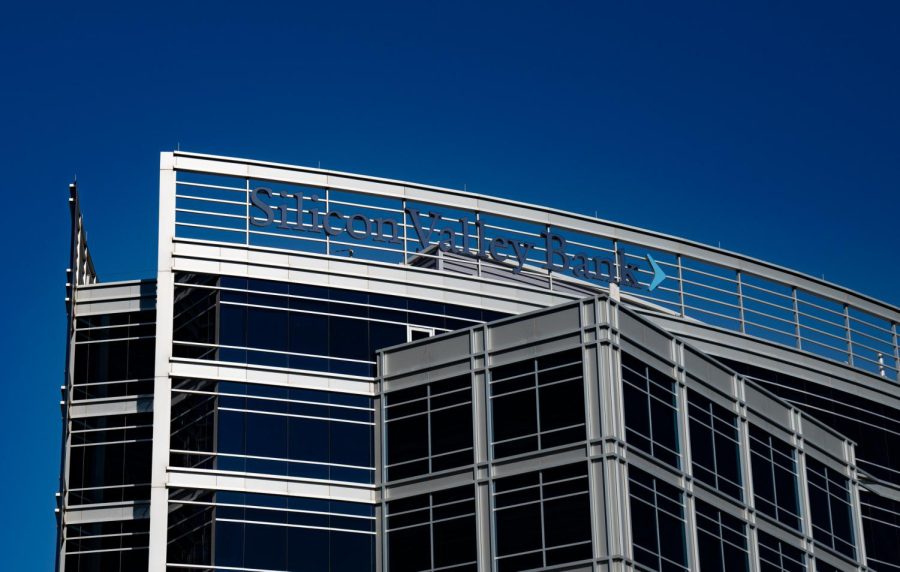How and why Silicon Valley Bank collapsed
Last Friday, March 10, Silicon Valley Bank was shuttered by the government. So why did it fail, and what’s next?
Last Friday, March 10, Silicon Valley Bank (SVB) was closed by the California Department of Financial Protection & Innovation with no initial notice to the public. Customers were furious and perplexed by the bank’s closure, as many of them held hundreds of thousands or even millions in savings with the bank. Here’s what happened.
In short, SVB underwent a run-on-the-bank situation — a large proportion of people withdrew money at the same time. SVB could not keep up with the high demand for withdrawals and ran out of money, causing them to go under.
As a result, the government is freezing depositors’s assets until they can find a proper way to divide up the bank’s holdings and liabilities. The government insures people, in the case of bank failures, for up to $250,000 per bank account. However, because SVB’s customers are largely venture-backed businesses and startups, the majority of bank accounts hold above $250,000. So, while the government can insure some money, many people were worried that they are at risk of losing most of their savings.
However, later that day, the Federal Deposit Insurance Corporation (FDIC) reassured holders by stating that they will be paying back all deposits, whether the customer is insured or not.
“All insured depositors will have full access to their insured deposits no later than Monday morning,” the FDIC said in their release. “The FDIC will pay uninsured depositors an advance dividend within the next week.”
On Monday, President Joe Biden assured Americans that, despite the failure and other, smaller bank failures, they should have confidence in the United States banking insurance system and America’s economy.
“Your deposits will be there when you need them,” Biden said in an interview with CBS News. “Small businesses across the country that deposit accounts at these banks can breathe easier knowing they’ll be able to pay their workers and pay their bills, and their hard-working employees can breathe easier as well.”




